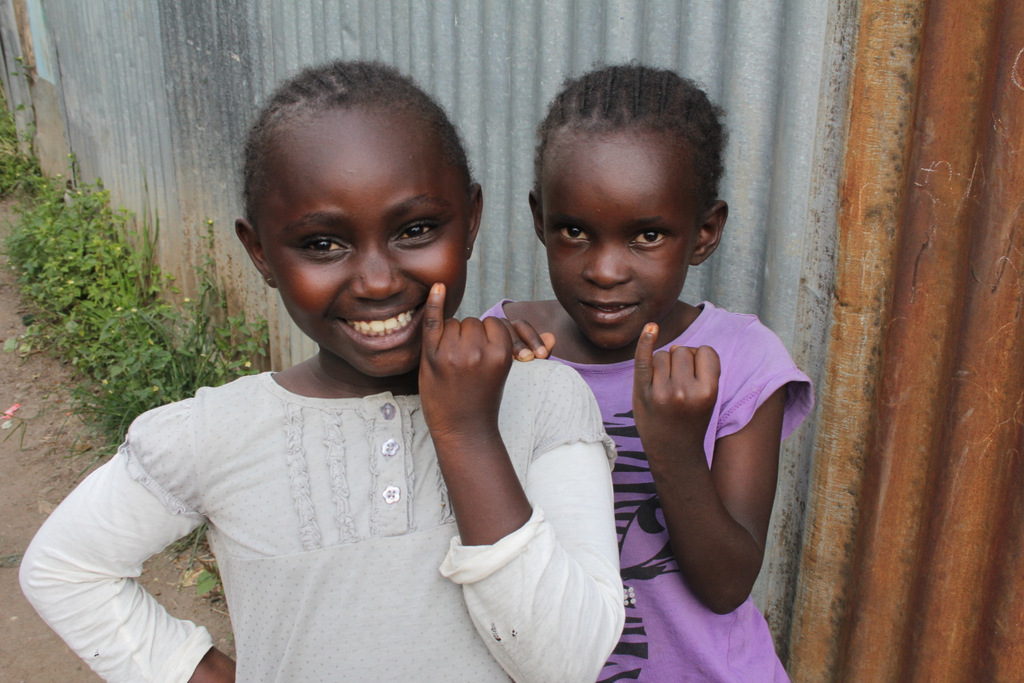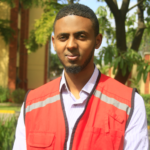
1) What led you to join the Kenya Red Cross social media team?
Passion for information. When you work as a social media officer for the Kenya Red Cross Society, you are at a central position to receive information of all activities carried out by the organization. Being in this position keeps me fully informed of disaster response activities, health, water, sanitation and hygiene and much more.
2) Tell us a little bit about Kenya Red Cross’ participation in the recent measles vaccination campaign.
The Kenya Red Cross was largely involved in social mobilization. We have a large pool of volunteers whom we engaged to conduct household visits to provide critical information on the Measles & Rubella Initiative campaign. Basically, they’re convincing parents to get their kids immunized.
SMS (text message) broadcasting and social media were also used to reach out to the public and raise awareness.
3) How did you use social media to promote the campaign? How did this differ from years past?
We have a fairly large following of over half a million followers. We used all our social media platforms to reach out to the public and raise awareness through measles and rubella facts and short key messages provided to us by Kenya’s ministry of health. Together with other key partners, we responded to queries posed by the public to help them understand the importance of getting their kids immunized.
This year’s social media campaign was much better than past years. Key partners, such as Kenya’s Ministry of Health, American Red Cross, GAVI Alliance and UNICEF Kenya used their social media outlets to share measles messages which gave the campaign a major boost.
4) What role did text messaging/SMS play in promoting this campaign?
The text messages were very crucial to the campaign as we targeted the whole country through the two largest mobile networks in Kenya. A majority of the population received the information and acted accordingly. A select few clearly stated their wish to be opted out of the messages, but that was our only negative feedback.
5) What were you most surprised by when using social media and text to promote this campaign?
Resistance. In almost all health campaigns, there is always a small group that is against immunization, yet such campaigns are purely carried to ensure the well-being of every child.
6) How do you see social media’s role evolving at the Kenya Red Cross in the future?
Aside from the Kenya Red Cross, social media itself is evolving as many people are starting to see its importance. I believe as it keeps evolving, we will take full advantage to ensure that humanitarian activities get the attention they need.
7) If you weren’t doing social media for the Red Cross, what would you be doing?
Playing football [soccer, for those in the U.S.]. I have always wanted to play professional football. As soon as I kick a soccer ball, I forget about everything and just enjoy the game. Pure fun.
Launched in 2001 by the American Red Cross, United Nations Foundation, U.S. Centers for Disease Control and Prevention, UNICEF and World Health Organization, the Measles & Rubella Initiative first aimed to make a difference in Africa. Since then the American Red Cross and its Measles & Rubella Initiative partners have helped to vaccinate one billion children in more than 80 developing countries, immunizing more than 2 billion children and making significant gains in the global effort to stop the disease.

